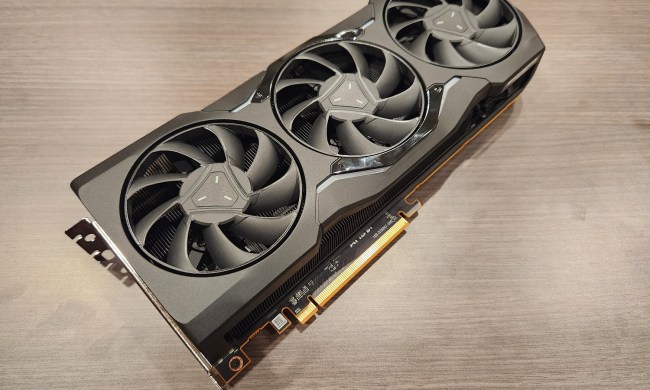Started in 2003 in San Francisco, Webpass is a company that few have heard of, but those that have wish they had its service. For just $55 a month, it can offer connection speeds up to half a gigabit per second, smashing most available fiber-to-the-cabinet and fiber-to-the-premises systems.
How does it achieve this? Using point-to-point wireless connectivity.
The downside is that this is not a technology that can be utilized by single-family homes or in remote areas. It’s strictly reserved for large residential or commercial buildings, where lots of people can take advantage of it. This means it’s often restricted to city centers, though Webpass is currently expanding into its fifth city — Boston — with plans to offer its services within the next couple of months.
This is all because the technology requires line-of-sight. Webpass-equipped buildings are fitted with radio transceivers, which can deliver as much as 2Gbps up and downstream bandwidth to the whole building. Depending on the amount of people in it that use Webpass, the service can fluctuate. While Webpass advertises rates of 100, 200, and 500Mbps for residential customers, it can dip far lower during peak times, according to Ars Technica.
If you really want to separate yourself from the pack you can pay for your own business package, but they are far more expensive, costing up to $5,500 a month for unlimited bandwidth. There’s also an installation fee to consider.
Although potentially problematic and in some instances expensive, Webpass’ solution seems like it will be an important one while fiber becomes more mainstream.
Is it a technology you might consider for your Internet connectivity?



